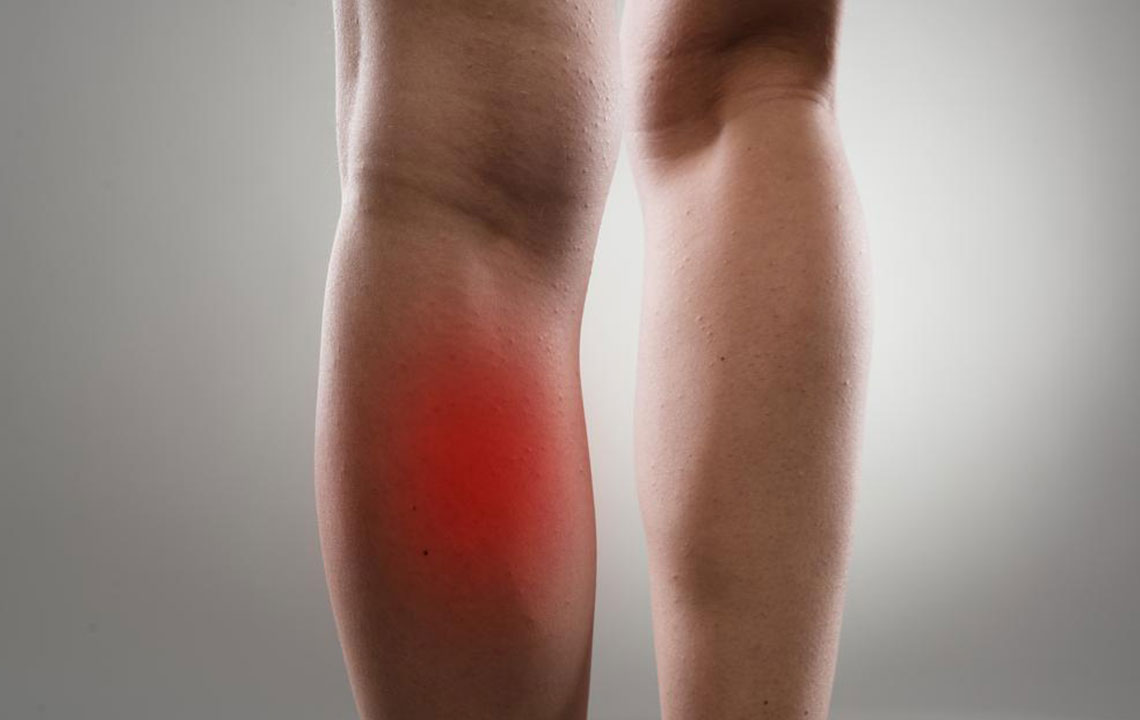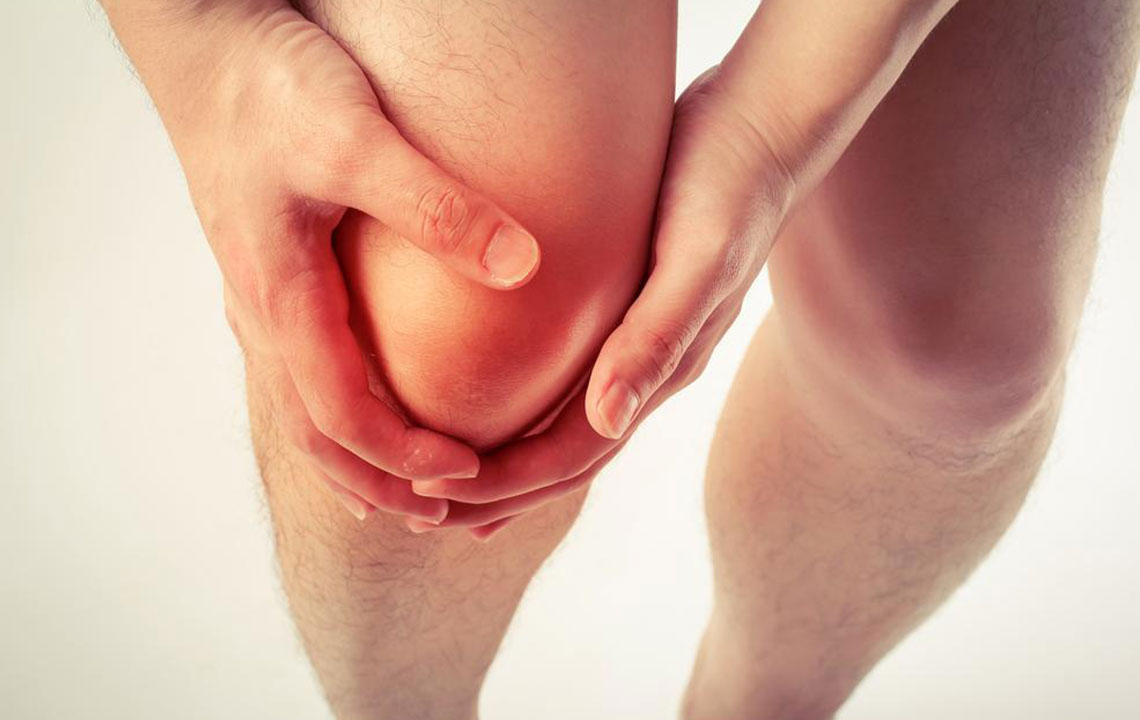Understanding Leg Muscle Pain: Causes and Effective Remedies
Discover the common causes of leg muscle pain, including cramps, injuries, and medical conditions. Learn effective home remedies like elevation, compression, and heat or cold therapy to relieve discomfort. Understanding these factors helps manage pain and prevent future issues, ensuring healthier legs and improved mobility.

Understanding Leg Muscle Pain: Causes and Effective Remedies
Leg discomfort ranges from minor aches to severe, chronic pain, impacting many individuals at different times in life. Common sensations include shooting pains lasting moments or persistent dull aches that can escalate to intense discomfort over months. Such pain may stem from various factors, including bone weakness, muscular strain, or issues involving joints, tendons, blood vessels, nerves, or skin.
Leg muscle pain often affects areas like the calf, thigh, foot, ankle, or knee. Typically, tissue inflammation from injury or overexertion causes muscle discomfort, which can often be managed with medication or home treatments. While usually not serious, symptoms such as weakness, numbness, throbbing, cramps, or tingling may indicate underlying issues. Here are some common causes.
Leg muscle discomfort is a frequent complaint and can occur in the calves, thighs, or other parts of the leg. It often results from tissue inflammation due to injury or overuse. Minor pain may respond well to home remedies and medication. Symptoms such as cramps, weakness, tingling, or swelling should alert individuals to seek appropriate care. Common causes include muscle spasms, injuries, or medical ailments affecting blood flow, nerves, or joints. Recognizing these factors can help guide effective treatment strategies.
Muscle Cramps
Sudden, sharp pains often caused by muscle spasms, known as cramps, can create quick, intense discomfort. These spasms sometimes lead to lumps, redness, or swelling. Dehydration and fatigue commonly trigger calf cramps, especially after exertion.
Injury-Related Causes
Many cases of leg pain originate from injuries such as muscle strains or overexertion. Signs include muscle tears, inflammation, or soreness in large muscles like the hamstrings, quadriceps, or calves. Tendon inflammation (tendinitis), bursitis, shin splints, and compartment syndrome are other injury-related issues that cause pain and swelling.
Medical Conditions
Sometimes, underlying health problems such as peripheral artery disease, deep vein thrombosis, arthritis, gout, varicose veins, nerve damage (neuropathy), or infections contribute to leg pain, swelling, and discomfort.
Additional Factors
Conditions like herniated disks, growth disorders in children, or autoimmune diseases such as lupus or fibromyalgia can also cause leg pain. Imbalances in electrolytes and other muscular disorders may be involved as well.
Relief can often be achieved through simple home remedies. Elevating the leg, wearing compression stockings, applying ice or heat, and gentle stretching are effective ways to reduce pain and inflammation.










